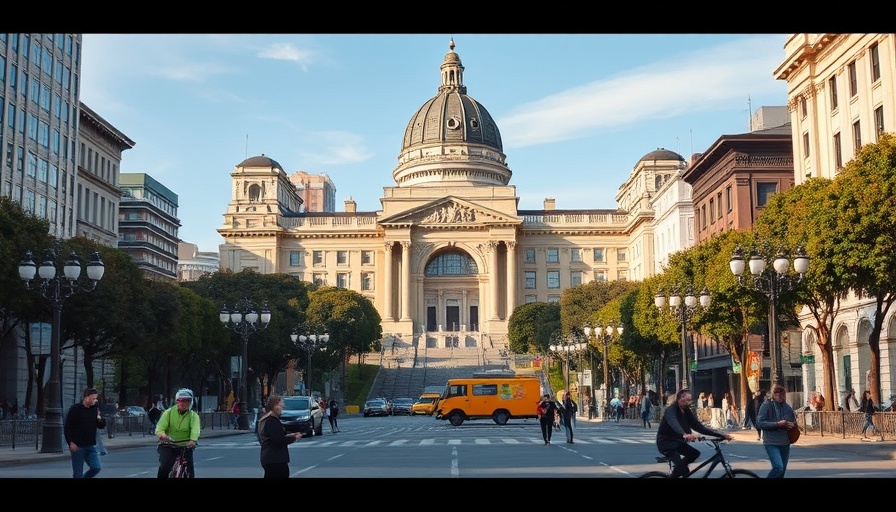
The Uncertain Future of Police Accountability in San Francisco
As San Francisco navigates its tumultuous relationship with police accountability, recent moves by city officials to potentially cut funding for two attorneys tasked with investigating police misconduct have raised eyebrows among citizens and union representatives alike. This situation comes on the heels of Mayor Daniel Lurie signing a hefty amended budget, yet the fate of these critical positions remains ambiguous.
The Budget Dilemma: Oversight vs. Funding
Despite a $15.9 billion city budget aimed at revitalizing various sectors, the officials’ hesitance to confirm these positions' security highlights a growing concern: how can the city justify increasing the San Francisco Police Department’s budget while simultaneously threatening the efficacy of its oversight bodies? The decision to cut two essential attorneys—their roles integral in promoting transparency and accountability—contrasts sharply with the city’s broader claims of supporting public safety.
Confusion and Lack of Transparency
Union representatives, specifically from Teamsters Local 856, have expressed frustration over the city's web of uncertainty. After a document suggesting the restoration of funding for these attorneys was abruptly removed from the city website, questions about who is behind these proposed layoffs loom large. Matt Finnegan, an attorney for Teamsters Local 856, described this situation as 'cagey', underscoring the alarming opaqueness from city officials.
“We’re left in the dark about who initiated these layoffs and why,” said Finnegan, illustrating a systemic issue where accountability is potentially compromised at a city governance level. This reliance on verbal assurances as opposed to solid guarantees only fuels speculation about the authenticity of the city’s commitment to police accountability.
The Broader Impact on the Justice System
The implications of these potential job cuts transcend individual positions. They reflect a broader narrative about the direction of San Francisco’s criminal justice policies. Yoel Haile from the ACLU of Northern California decries these layoffs as part of a troubling political agenda that deprioritizes civilian oversight—an institution designed to ensure accountability in law enforcement.
Meanwhile, the Police Department is expected to boost its funding by $22 million, raising alarms about priorities. The message sent is confusing at best: how are we to feel secure in police oversight when the very mechanisms intended to safeguard accountability are being stripped away?
Public Safety vs. Public Trust
As the board of supervisors has made a commitment to restore all layoff positions, the real question remains—what authority does the Mayor hold in these decisions? Supervisor Connie Chan stated the board's intent clearly; however, personnel decisions lie firmly in the realm of the mayor's discretion. Hence, the balance of power raises questions about who is really in charge of public safety and agency accountability in the city of San Francisco.
What’s Next for San Francisco?
The looming uncertainty surrounding these attorney positions not only ignites concern but also prompts a larger conversation about the future of police accountability. Are we willing to allow for the continuous erosion of civilian oversight while the police budget balloons? The questions raised beg for comprehensive answers, as they will inevitably shape future discussions around justice and integrity within the San Francisco Police Department.
The Path Forward: Community Engagement
This situation serves as a critical reminder of the role community engagement plays in upholding civic accountability. San Francisco residents must advocate not only for clarity and transparency from their government officials but also for the integrity of the systems meant to protect their rights. Understanding the crisis in police oversight is imperative for parents, adults, and citizens committed to maintaining a just society.
As San Francisco navigates these budgetary and ethical dilemmas, it becomes essential for residents to remain informed and engaged. Challenge local representatives for clearer information on police accountability measures, and advocate for the preservation of roles dedicated to ensuring police integrity.
 Add Row
Add Row  Add
Add 




Write A Comment